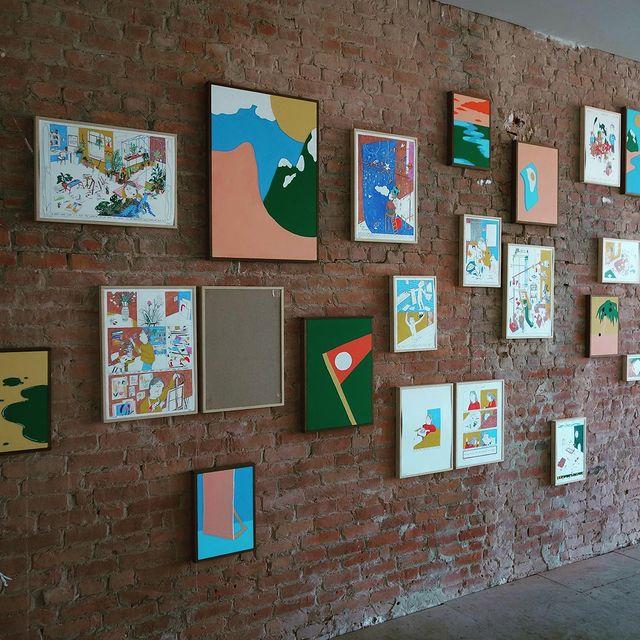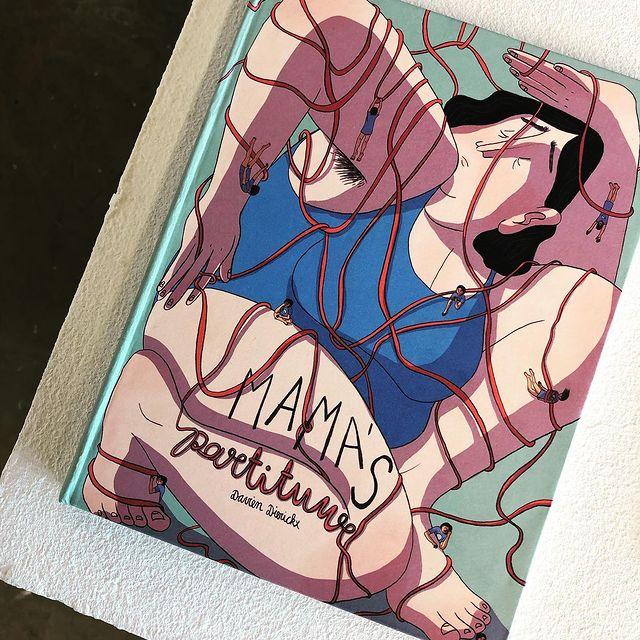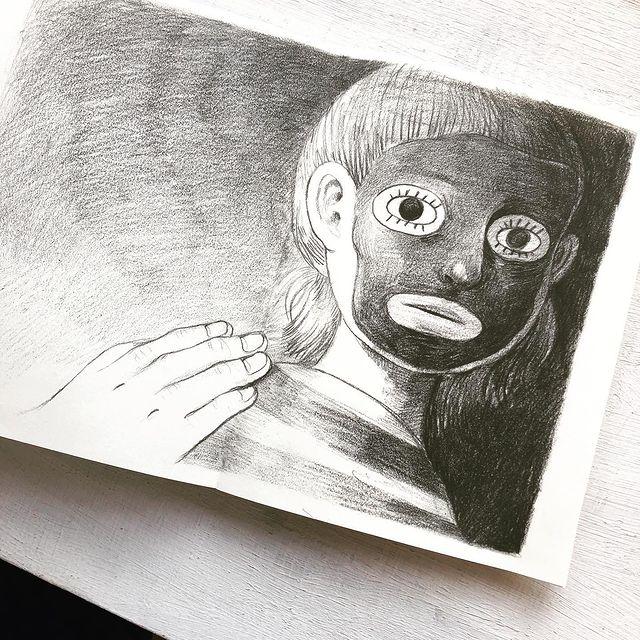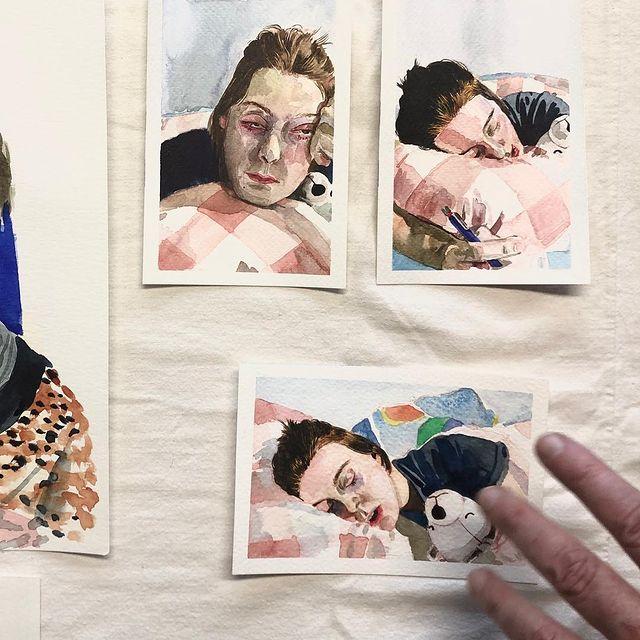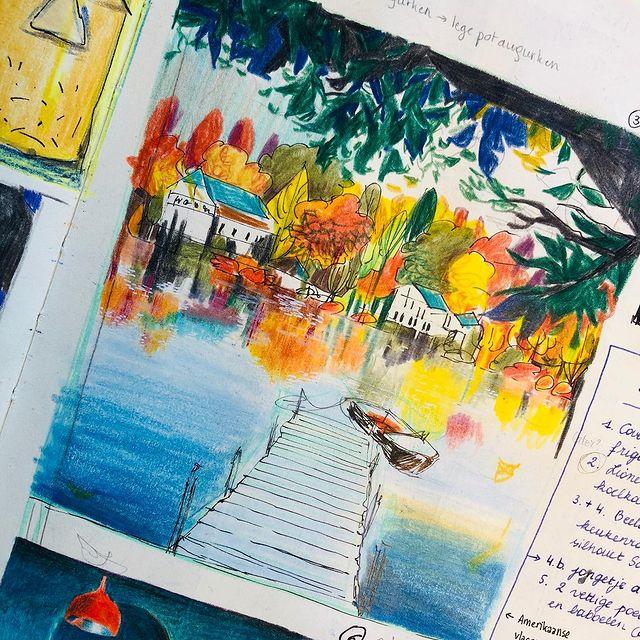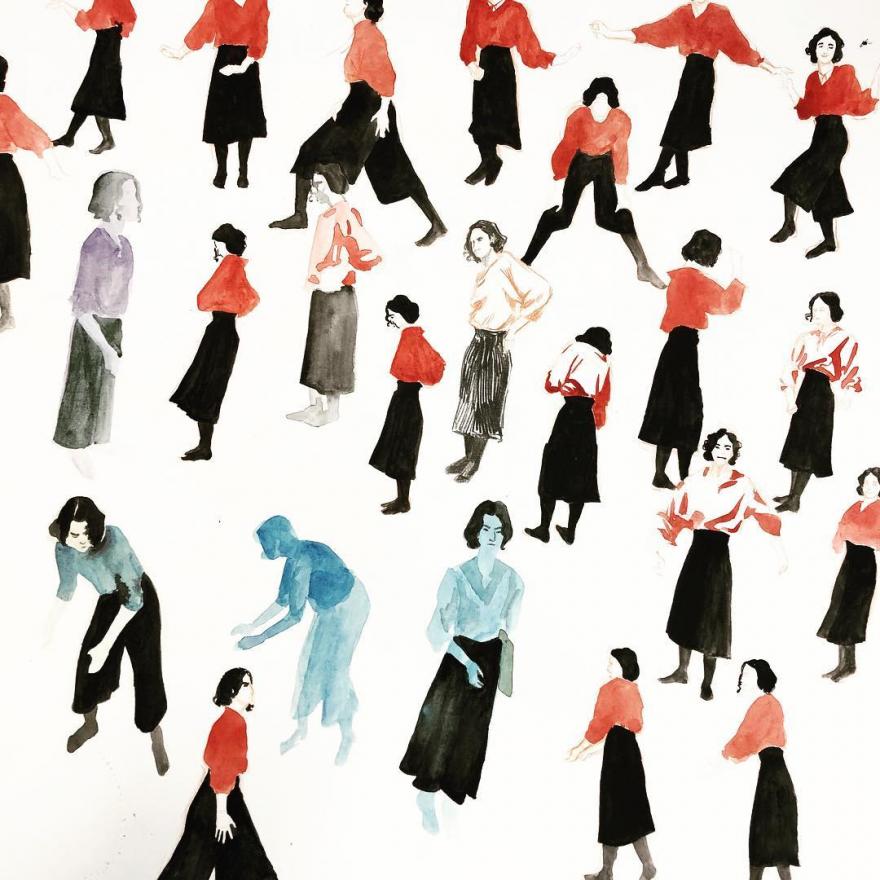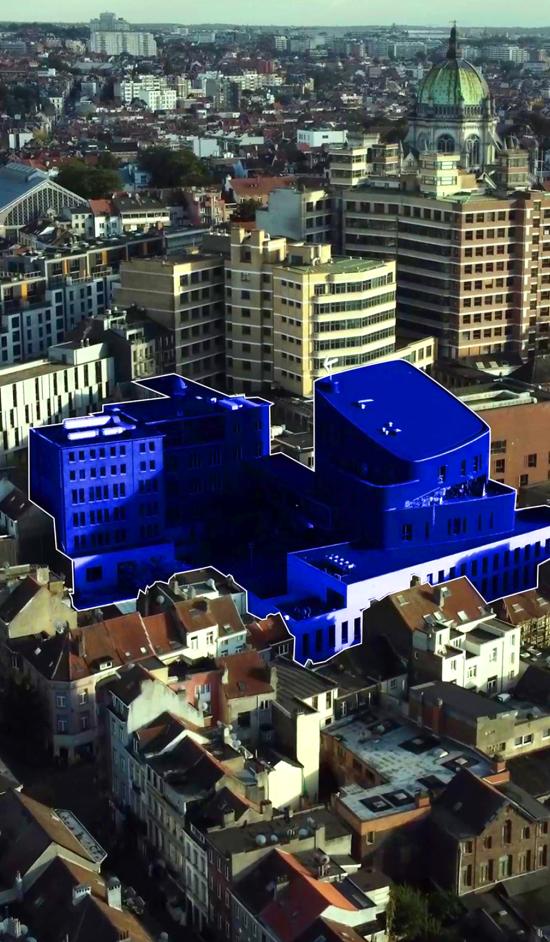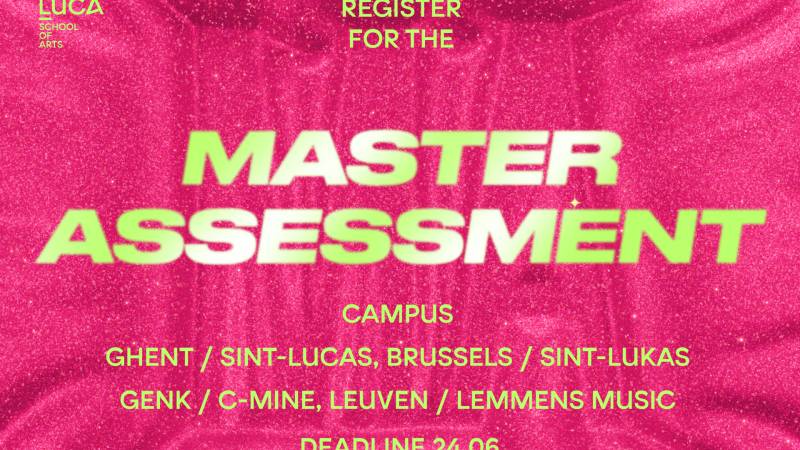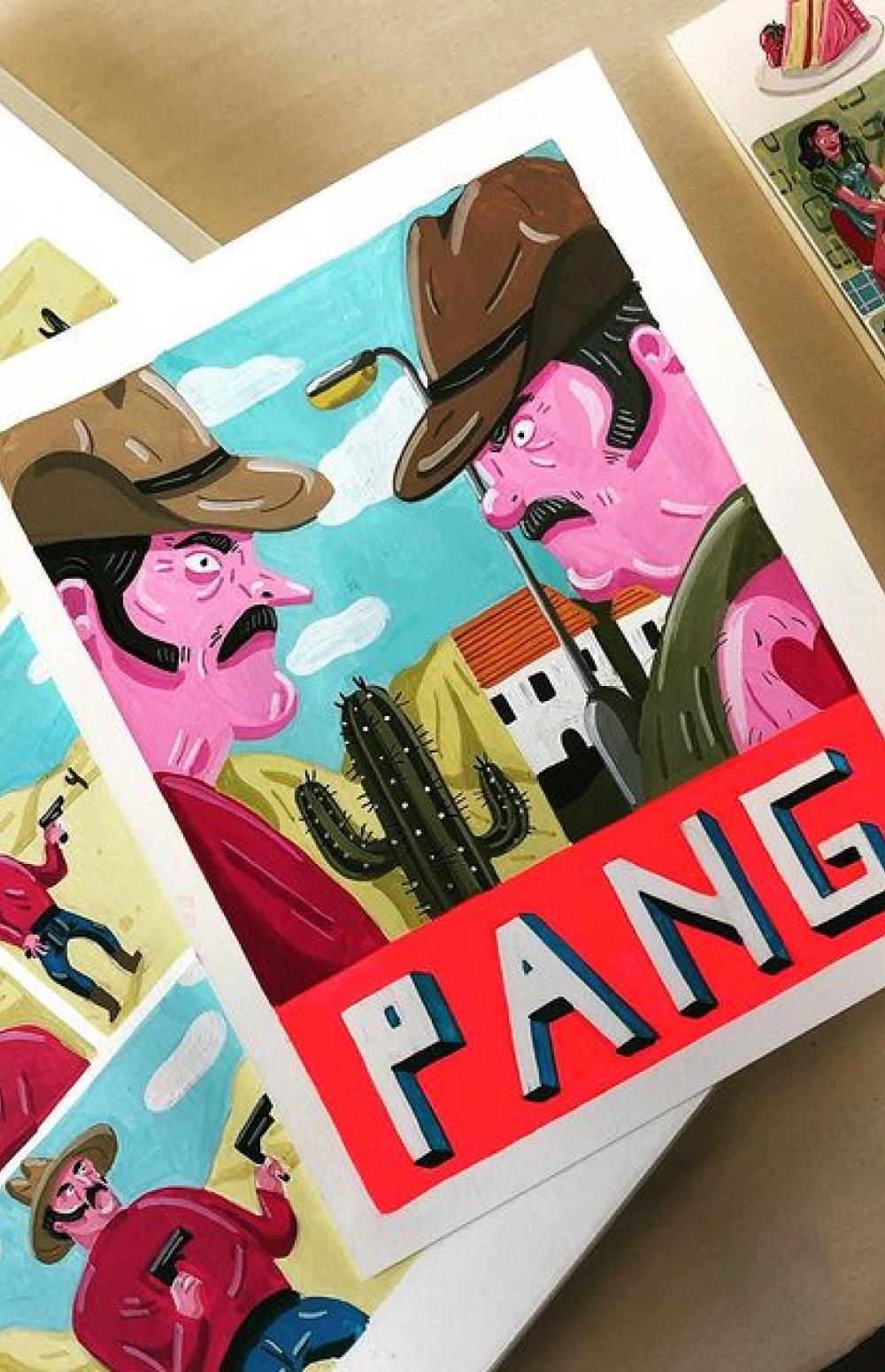
Campus Brussel / Sint-Lukas
Graphic Storytelling Exchange
When choosing the Graphic Storytelling programme, you'll learn to develop your graphic and narrative skills with a great emphasis on drawing and how to develop your unique style.
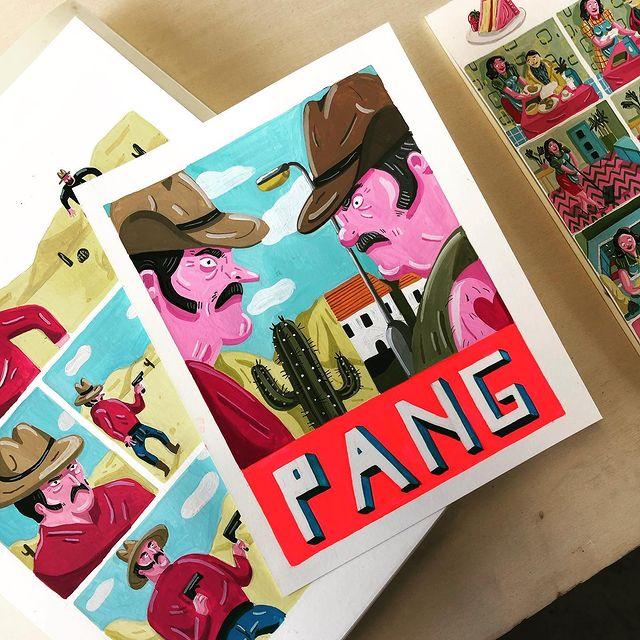
In the Graphic Storytelling program, students learn to develop their graphic and narrative skills. The various studio-based classes of Illustration, Drawing and Sequential Art all teach technical aspects of drawing and new technologies for diverse media, both for print and digital media. Students are trained in various storytelling techniques and creative writing.
Programme for exchange students: Our international Autumn semester is dedicated to both fiction and non fiction. Students choose illustration or sequential techniques, and focus on learning to work with narratives — using existing stories and/or writing personal ones. The weekly schedule also includes drawing classes and elective courses.
During our international Spring semester, students work on editorial illustration, the movement of characters, and developing a narrative concept into a multiple page publication. The weekly schedule also includes drawing and Contemporary Media classes, and short workshops on e.g. bookbinding or printing techniques.
First semester
| Component code | Course name | ECTS credits |
|---|---|---|
| K44228 |
English Cultural Module Brussels "Made in Belgium" (note: one week introduction before start of semester) |
3 |
| K44253 | Studio Practice Graphic Storytelling 3 | 9 |
| K44523 | Drawing Expanded 2 | 6 |
| K44066 | Current Narrative Techniques | 3 |
| K44520 | Narrative Experiences | 6 |
| K44499 | Research in the Arts | 6 |
| Total | 33 |
Second semester
| Component code | Course name | ECTS credits |
|---|---|---|
| K44538 |
English Cultural Module Brussels "Made in Belgium" (note: only SEM2 exchange - one week introduction before start of semester) |
3 |
| K44620 | Studio Practice Graphic Storytelling 2 | 15 |
| K44512 | Drawing Expanded 1 | 6 |
| K44207 | Crossmedia Graphic Storytelling 2 | 3 |
| K44530 | Drawing Graphic Storytelling 3 | 3 |
| OPTIONAL if full year exchange | ||
| K44492 | Editing Across Practices | 6 |
| K42954 | Artists & Exhibitions | 3 |
| Total | 30 |
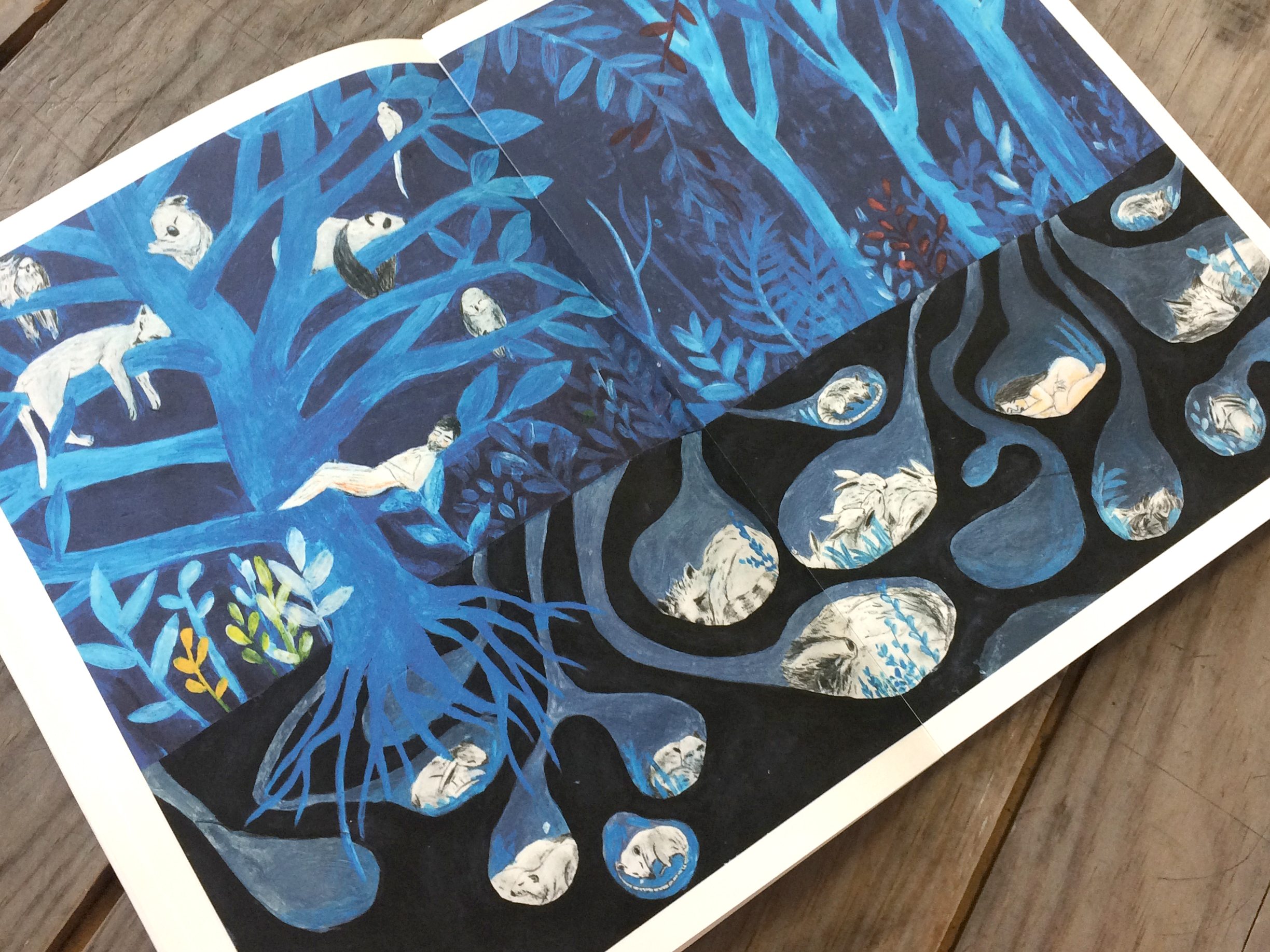
- A good command of English (level B2) is required to make the most of your stay with us;
- Basic knowledge of Adobe Photoshop and Adobe InDesign are recommended.
Interested in this course?
All Erasmus+ Exchange Students need to apply via the exchange application procedure of LUCA School of Arts. During your application process, you can indicate the LUCA campus of your choice and the exchange programme you wish to apply for. Notice that not all programmes are open for incoming exchange students in both semesters. An overview can be found here.
- The deadline for the Autumn Semester / full year is April 1
- The deadline for the Spring Semester is October 1
Outcome Exchange Application
The outcome of the application can be expected within 4-6 weeks after the application deadline. Both you and your international coordinator will be informed about the result of your application by e-mail. No need to inquire about the outcome yourself.
Where do you have class?
Facilities & campus life
Campus Sint-Lukas Brussels
Paleizenstraat 70
1030 Brussels
+32 2 250 11 00
An international campus and an added value to your programme
- A modern and open campus in one of Europe's foremost artistic hubs
- Studio's and workshops, a state of the arts lending service, high tech print rooms …
- A creative community with four educational institutions and over a thousand artist and designers
- An art library renowned for its collection in the country
- At walking distance of the Brussels North railway station
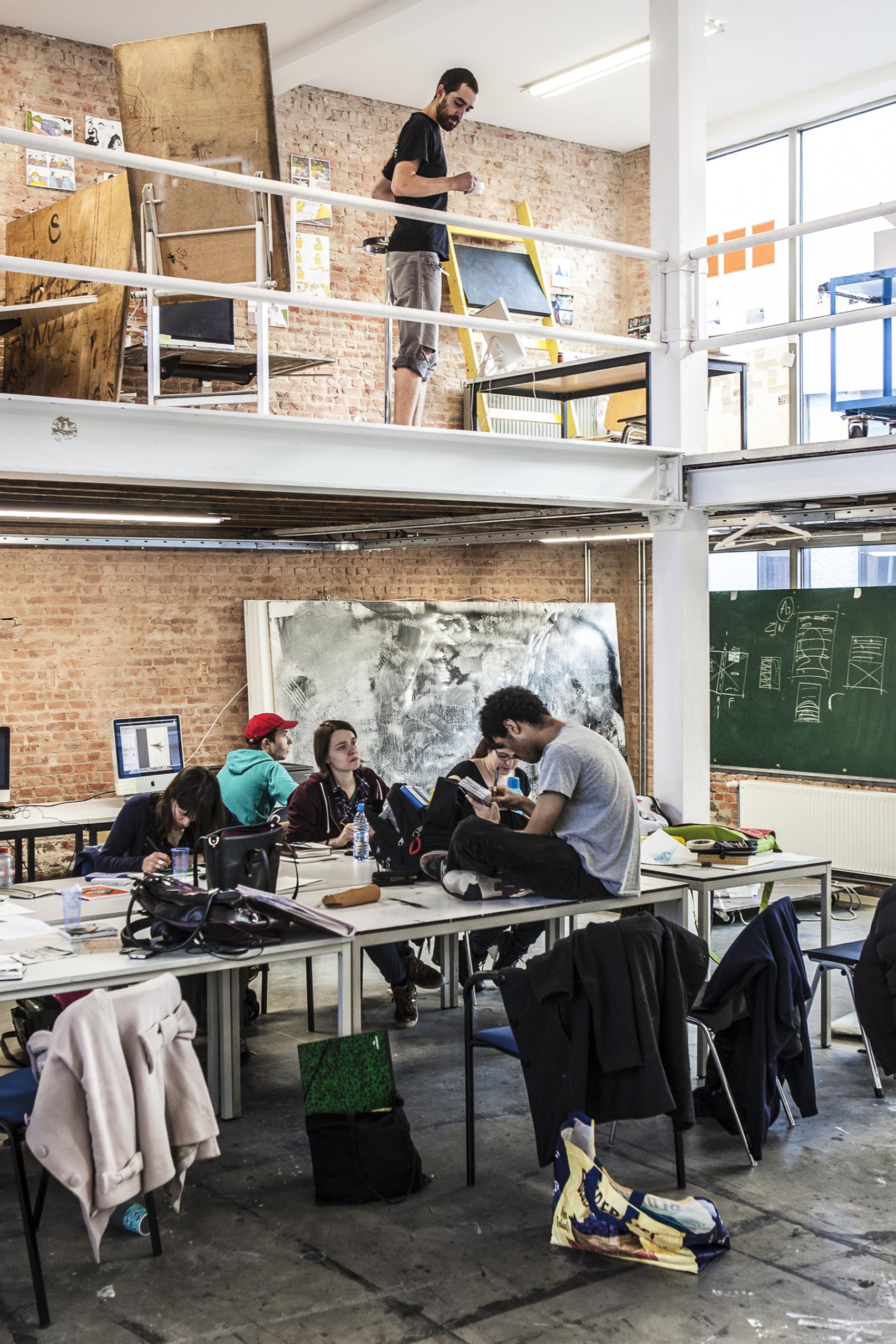
Contact
If you need more information, don't hesitate to contact me:
- Bettie Smets, International Coordinator campus Sint-Lukas Brussels and Narafi Brussels
- bettie.smets@luca-arts.be
- Tel: +32 2 308 27 62
At LUCA we attach great importance to the quality of our courses
If the basic principle of the policy plan means that 'quality is our driving force', and that every aspect of the policy can be tested against this, then LUCA undeniably wants to develop and nurture a strong quality culture: a culture that leaves based on trust in people with talent and expertise, and which is aimed at valuing, inspiring and improving.
The formal quality framework for training within LUCA was named KOPERA, which stands for: Critically Analyzing the Quality of Training with Peers in Own Direction.
For KOPERA, LUCA starts from a vision of quality care that is based on trust and aimed at valuing, inspiring and improving.
During the six-year KOPERA cycle, each training course receives a panel of critical friends who examine the implementation of the quality characteristics and examine how the training contributes to the general LUCA policy.
The final element of KOPERA is the ultimate assurance of training quality. The key question is: "Does the program have a good quality culture that follows the 'plan-do-check-act' circle?"
LUCA publishes a quality sheet for each course. You can find this on the Education Quality page.
Visit us
Are you curious about our approach to art education? During our open days, you will get all the information you need, visit the campus, talk to our teaching staff and students ... Still not convinced? Visit our graduation show! During this, on-campus two-day art festival you can experience first hand how good our students really are.
